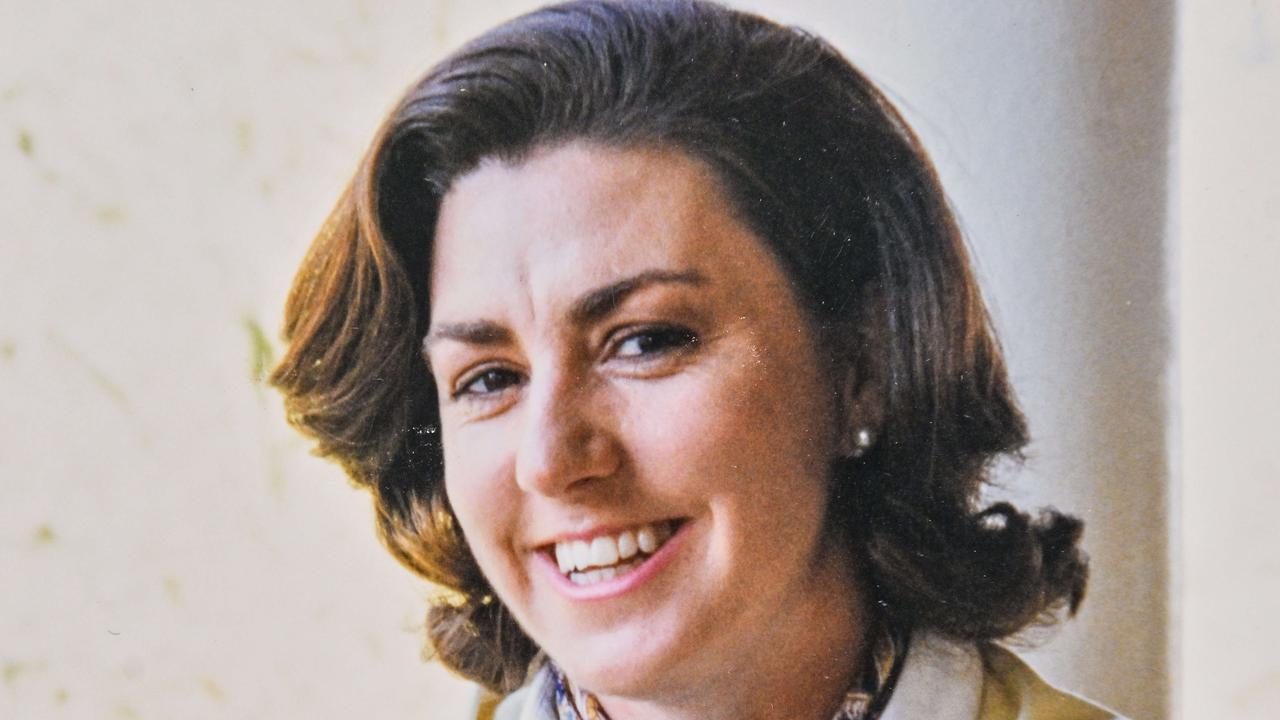Voluntary chicken ‘lockdown’ calls to protect egg industry from spread of deadly Avian bird flu
South Australian egg producers should be free to lockdown chickens and sell “free range” products without penalty to help stop a deadly “bird flu” virus spreading, experts say.
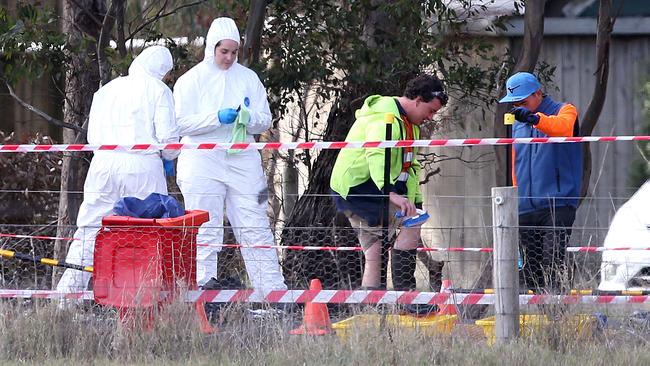
SA News
Don't miss out on the headlines from SA News. Followed categories will be added to My News.
South Australian egg producers should be free to lockdown chickens and sell “free range” products without penalty to help stop a deadly “bird flu” virus spreading, experts say.
Almost two million egg-laying birds have already been killed nationwide as Australian biosecurity authorities battle 11 highly contagious avian influenza outbreaks across three states or territories.
While South Australia is currently virus free, state authorities are on high alert and have already placed transport restrictions on poultry and fertile eggs from “high-risk” Victorian properties.
Experts warn avian influenza is a serious poultry disease that has a high mortality rate in production birds but current strains are not a public risk.
Supermarkets have imposed buyer restrictions on eggs amid shortages after H7N3, H7N8 and H7N9 strains spread to eight Victorian poultry farms, two in NSW and one in ACT.
But industry leaders, and the Opposition are calling for a more urgent response including immediate emergency crisis talks, co-ordinated responses and “stronger” preventive measures.
They want voluntary, and temporary, “housing orders” - or animal lockdowns - to barn birds to protect flocks from wild animals, which the CSIRO’s Australian Centre for Disease Preparedness believes spread the virus.
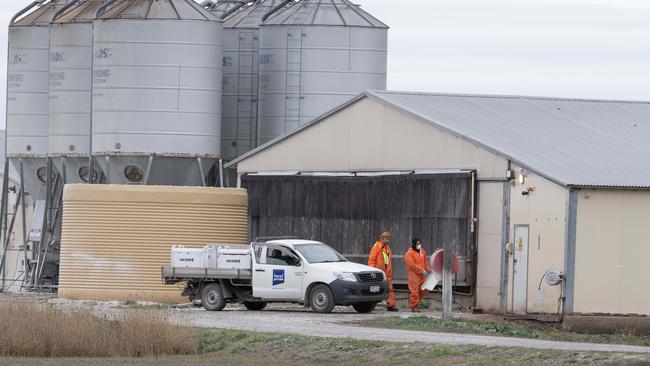

Producers can only “cage” birds and then sell “free range” eggs with government exemptions to avoid misleading customers and not breach strict federal consumer laws.
The Australian Competition and Consumer Commission is monitoring outbreaks but new ACCC guidance only applies exemptions to government-imposed housing orders.
SA’s Chief Veterinarian, Dr Elise Spark, who sits on a national emergency animal disease committee, has not imposed mandatory housing orders under livestock laws.
Primary Industries chiefs are due to hold industry crisis talks on Thursday while federal and state agriculture ministers will again convene in a fortnight with a response to avian influenza “already on the agenda”, officials said.
Before the current outbreaks Australia had only recorded nine Avian outbreaks in almost 50 years.
Opposition spokeswoman, Upper House MP and veterinarian, Nicola Centofanti, said consumers should also be “educated” that barn eggs are a safe and ethical alternative to reduce risks.
“Consumers are already being restricted on the number of eggs they can buy at supermarkets and this situation will compound tenfold if our local poultry stocks become infected with the disease,” she said.
“Failure to act could see irreversible consequences for farmers and consumers.”
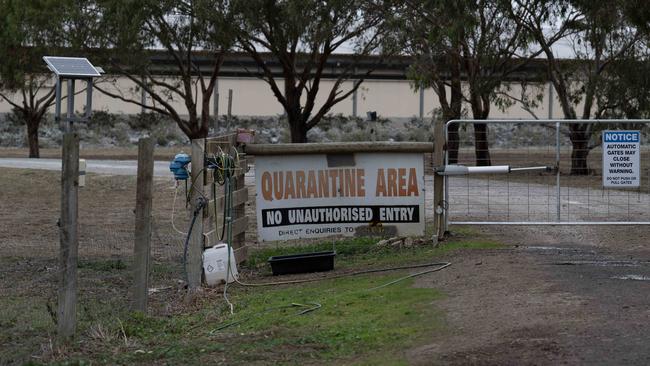
She said the country’s agriculture ministers must immediately meet to prepare a “co-ordinated” response an “evolving” crisis.
Acting Primary Industries minister, Andrea Michaels, said the state government “continues to monitor the situation closely” and was in regular contact with industry and veterinarians.
“Voluntary housing of free-range birds is an option open to industry or individual producers to manage risk,” she said.
“We continually promote the importance of having strong biosecurity measures in place at all times.
“People can be assured that eggs will continue to be available in supermarkets with hundreds of egg farms around the country collecting, packing, and shipping eggs each day to maintain supply, while the impacted farms recover.”
Federal Agriculture minister Murray Watt said several urgent National Coordination Mechanism meetings, in the National Situation Room, had been held.
“Strong biosecurity is not negotiable,” he said.
“The Albanese Government continues to work closely with the poultry and egg industries and state and territory governments to respond to the concerning outbreaks of avian influenza.
“All affected properties are quarantined and we are working closely together using well-established national response arrangements to manage the outbreak.”
He said measures included increased state government support and including up to $40 million for biosecurity efforts to “manage the outbreaks and eradicate the virus”.
“The ACCC will exercise its discretion and not take enforcement action on free range chicken meat growers in restricted areas who are complying with housing orders and where they apply the free-range labelling claim,” he said.
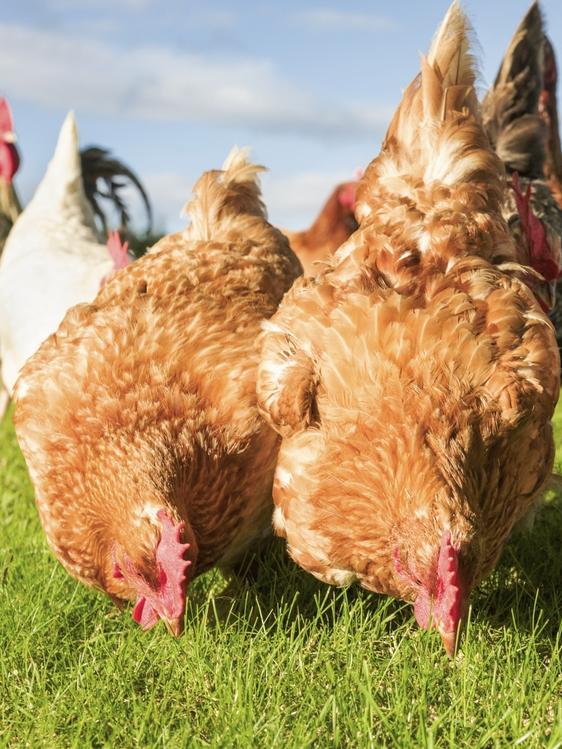
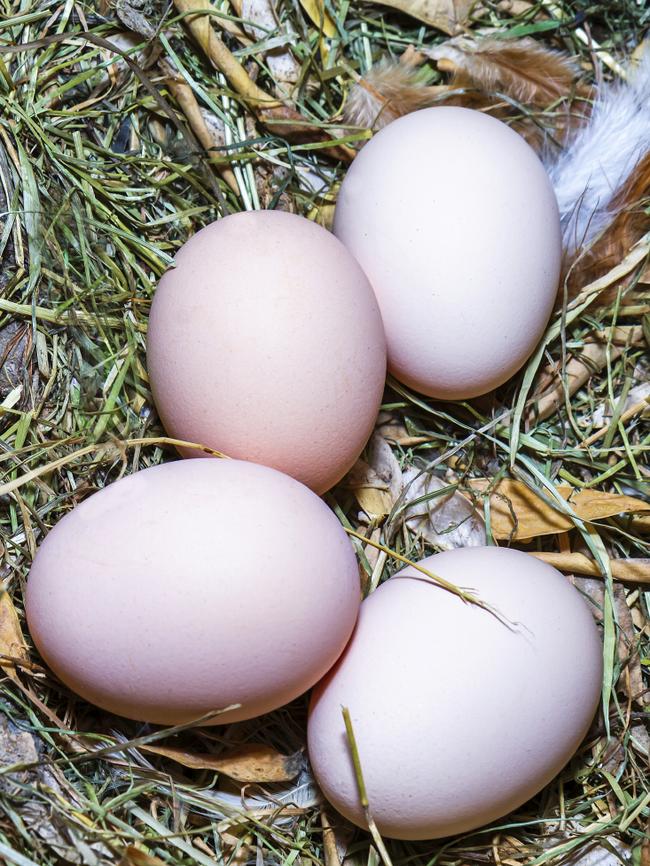
Experts say the current avian influenza strains do not transmit easily between humans and are not the H5N1 variety that has infected billions of animals globally.
Authorities say eggs and chicken meat are safe to eat if handled and cooked to food standards.
Official research shows SA’s livestock industry processed $2.69bn last year with poultry processing now the state’s fastest growing agriculture industry from rising chicken meat and egg production values.
Before the latest spate of cases Australia had recorded nine outbreaks of highly pathogenic avian influenza since 1976.
More Coverage
Originally published as Voluntary chicken ‘lockdown’ calls to protect egg industry from spread of deadly Avian bird flu





